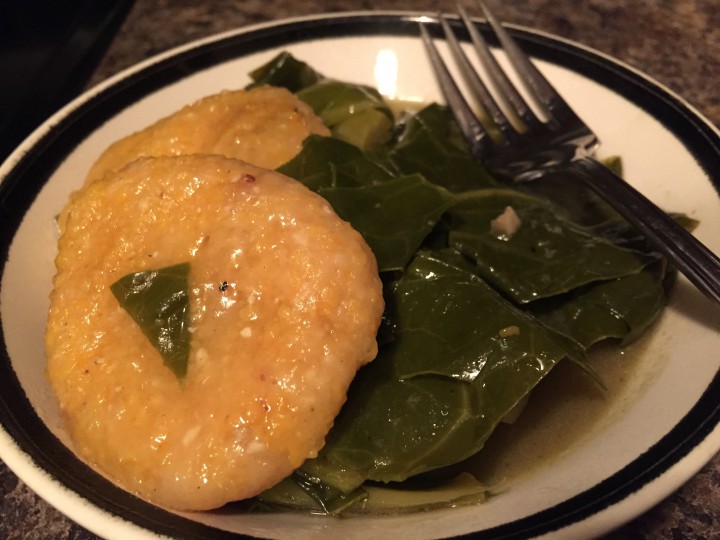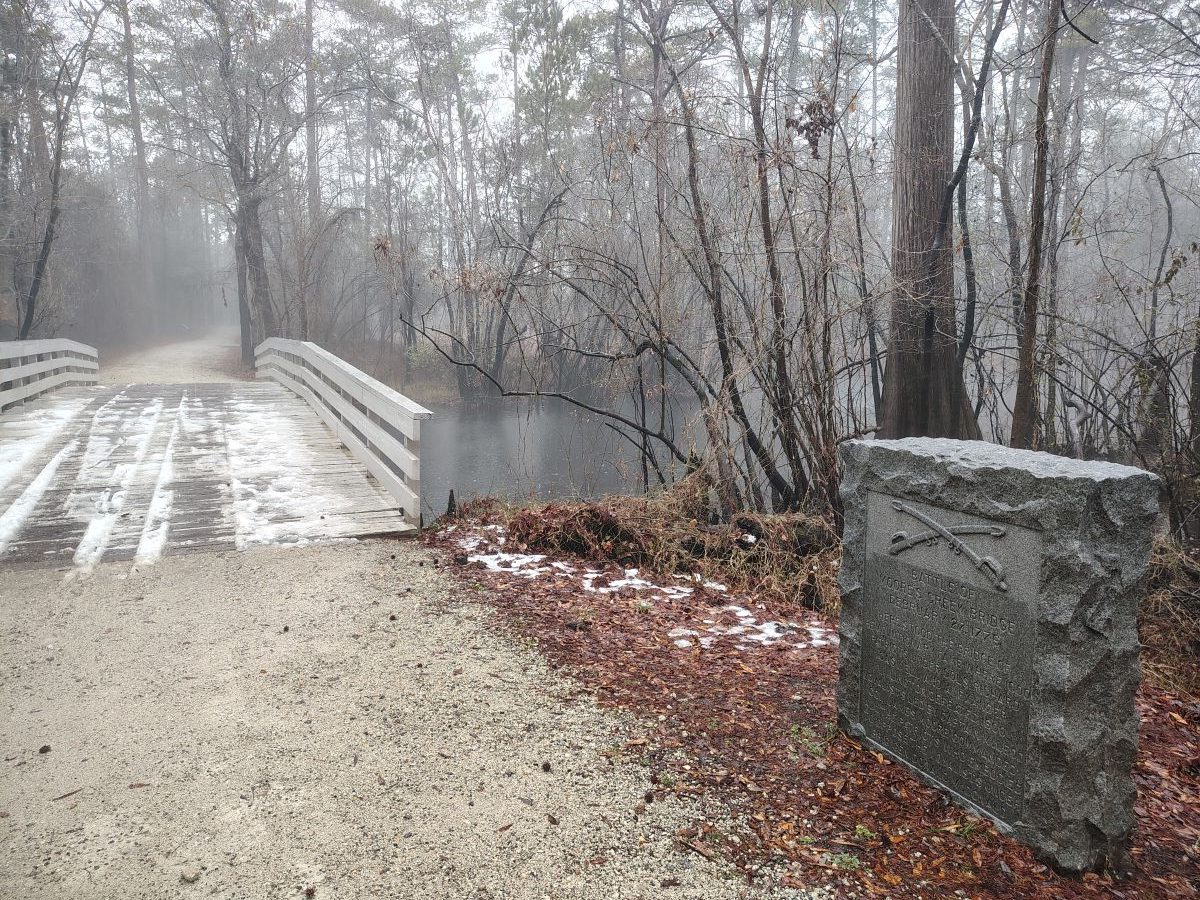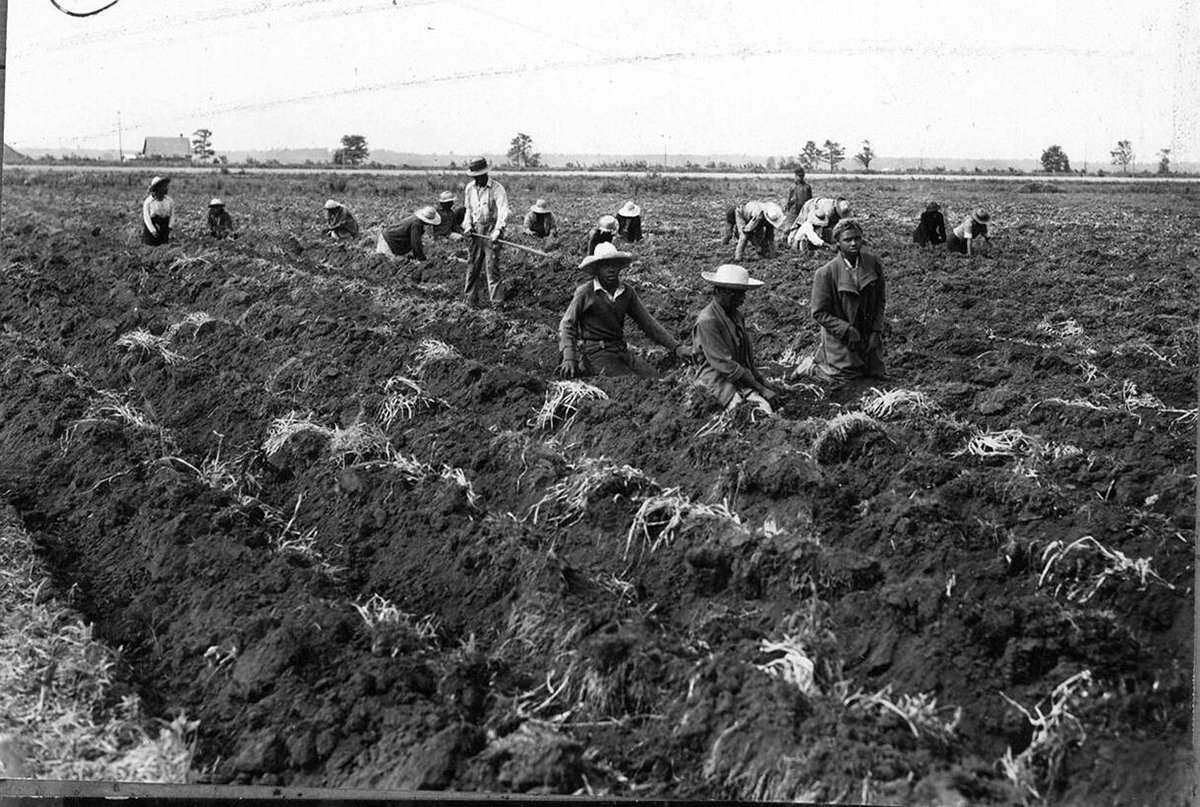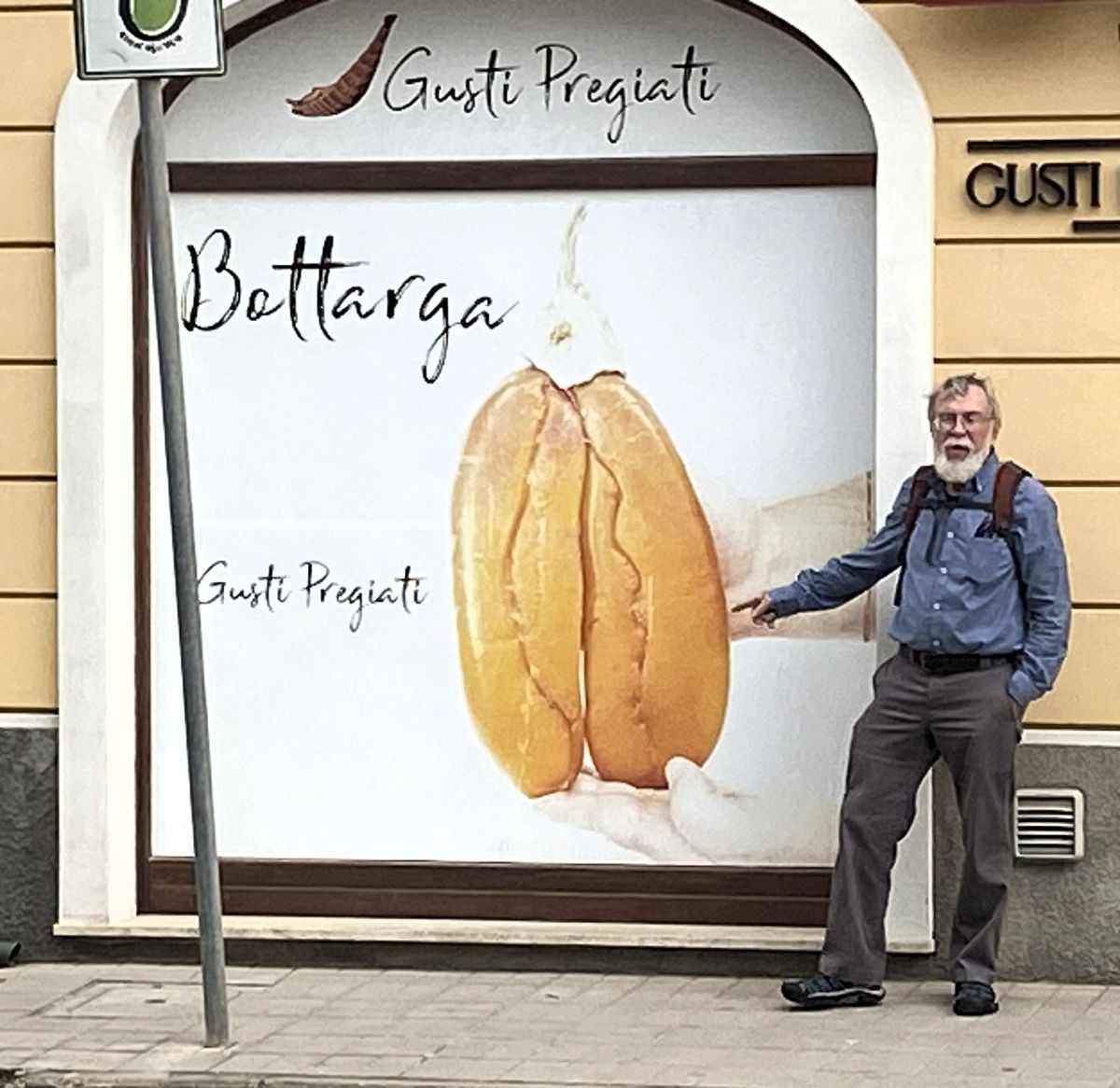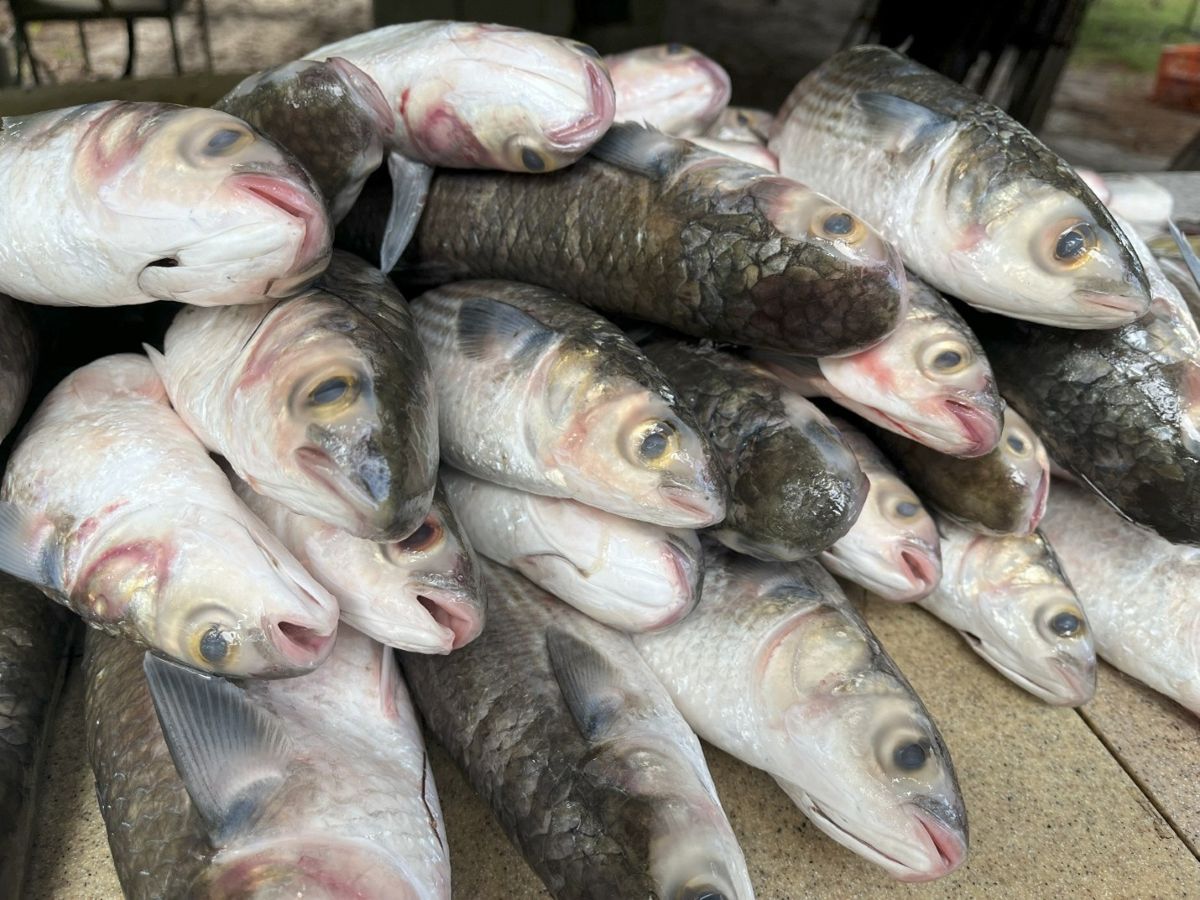We get so caught up in the big picture of eastern North Carolina food that we sometimes forget the important, little things.
What would our famous pulled pork be without that splash of red pepper vinegar, our biscuits without molasses, our steamed oysters without a few drops of Texas Pete?
Supporter Spotlight

I was reminded of the little things we take for granted recently when I interviewed celebrity chef Carla Hall. The co-host of the afternoon ABC show “The Chew” hails from Nashville, Tenn., so it wasn’t long before we were deep into our Southern drawls talking home cooking.
When I asked Hall if she knew about cornmeal dumplings, she went speechless and stared at me with her mouth agape. “If you do cornmeal dumplings on a pot of collards, that’s very old-school North Carolina where I come from,” I told Hall.
In an instant, she grabbed both my hands as if I had just saved her soul. “I’m totally going to do that. When you see it on ‘The Chew’ I’ll give you credit,” Hall said, serious as she could be.
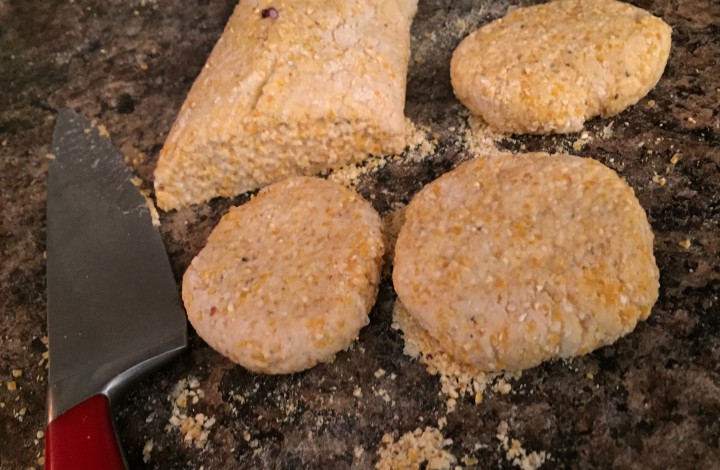
I, of course, don’t deserve the credit. Historians believe cornmeal dumplings date to the boiled cornbread of Native Americans. Corn was their single most important food crop. When colonists arrived in the New World, Native Americans taught them how to grow and use corn.
Cornmeal dumplings are gut fillers, surely a way to extend humble rations in lean times of days past and present. Along the N.C. coast, cooks have long dropped the dumplings into game and seafood soups, stews and chowders. Nowadays, they taste good even when you’re not pinching pennies.
Supporter Spotlight
Like Hall, I was surprised the first time I encountered a pot of stewed collards dotted with cornmeal dumplings. I was at a meeting of state-level marine fisheries managers. They were gathered for a potluck dinner at a tiny eastern Carteret County volunteer fire department.
I’d lived on the N.C. coast, in Onslow County, most of my life, but had never seen cornmeal dumplings. In North Carolina, they show up more often right along the coast. One of the women in attendance, a local who worked in the state marine fisheries office, looked at me like I was nuts when I asked “Are those potatoes?” She couldn’t imagine anyone never before having seen cornmeal dumplings on a pot of collards. They are that common in central and northern N.C. fishing villages.
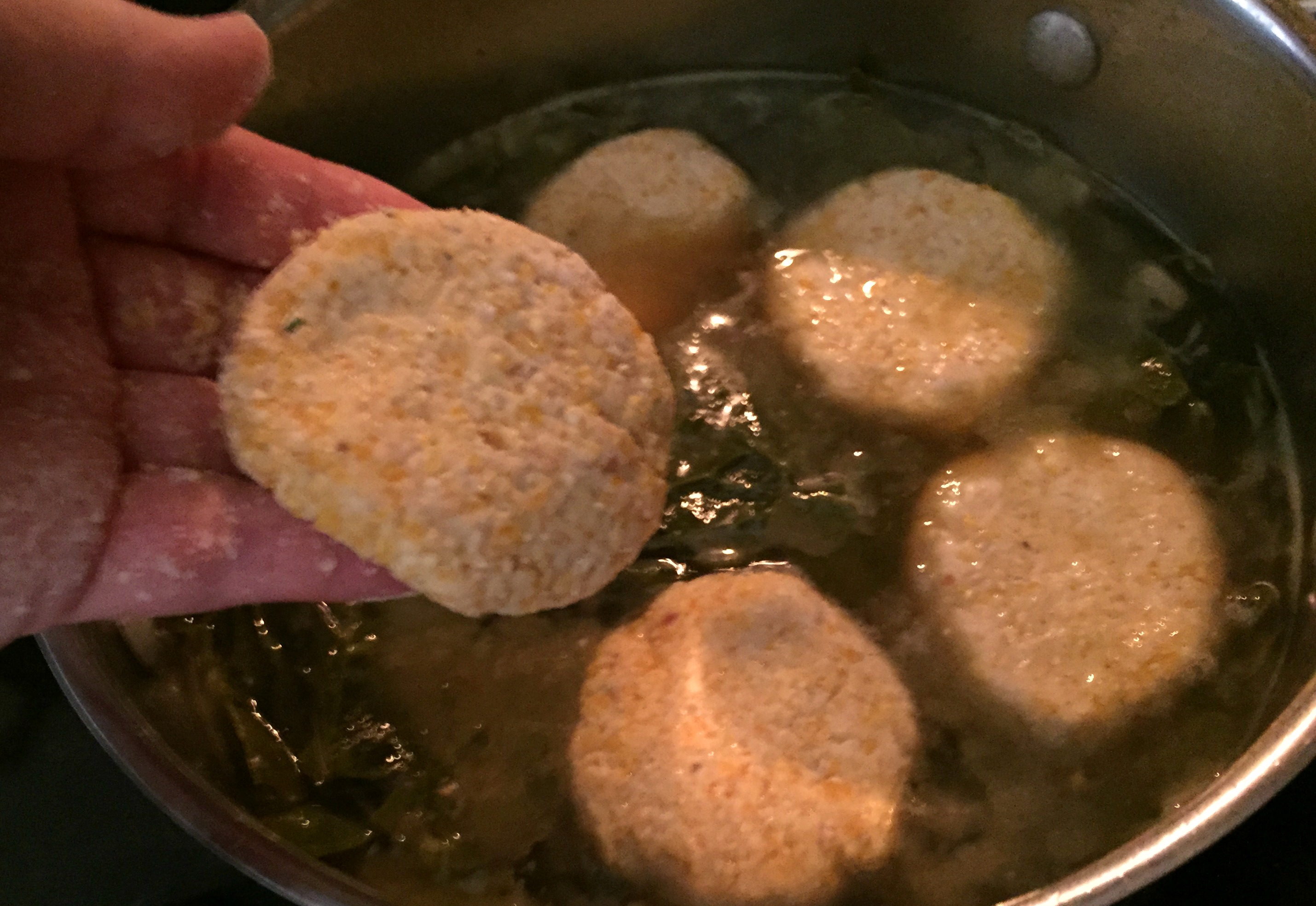
“If you want to stir up a controversy in coastal North Carolina, just ask a group of cooks how to make the ‘best’ cornmeal dumplings,” wrote authors Nancy Davis and Kathy Hart in the book “Coastal Carolina Cooking” (The University of North Carolina Press, 1986).
Recipes call for all cornmeal; one half cornmeal, one half all-purpose flour; or two parts cornmeal and one part flour, about one cup in all. To that, cooks add a touch of salt and about a cup of liquid, usually water or cooking liquid from whatever soup or stew is on the stove. Sometimes, a little fat is added, maybe butter or shortening, but leaveners such as baking powder or baking soda are never included.
The disk-shaped dumplings, often about 2 inches in diameter and ½ to 2 inches thick, may be shaped individually by hand. Alternately, some cooks form the dough into a log and slice off dumplings. They most often drop the dumplings along the edge of the pot or rim a pot of collards with cornmeal dumplings, where they steam without stirring in the last minutes of cooking.
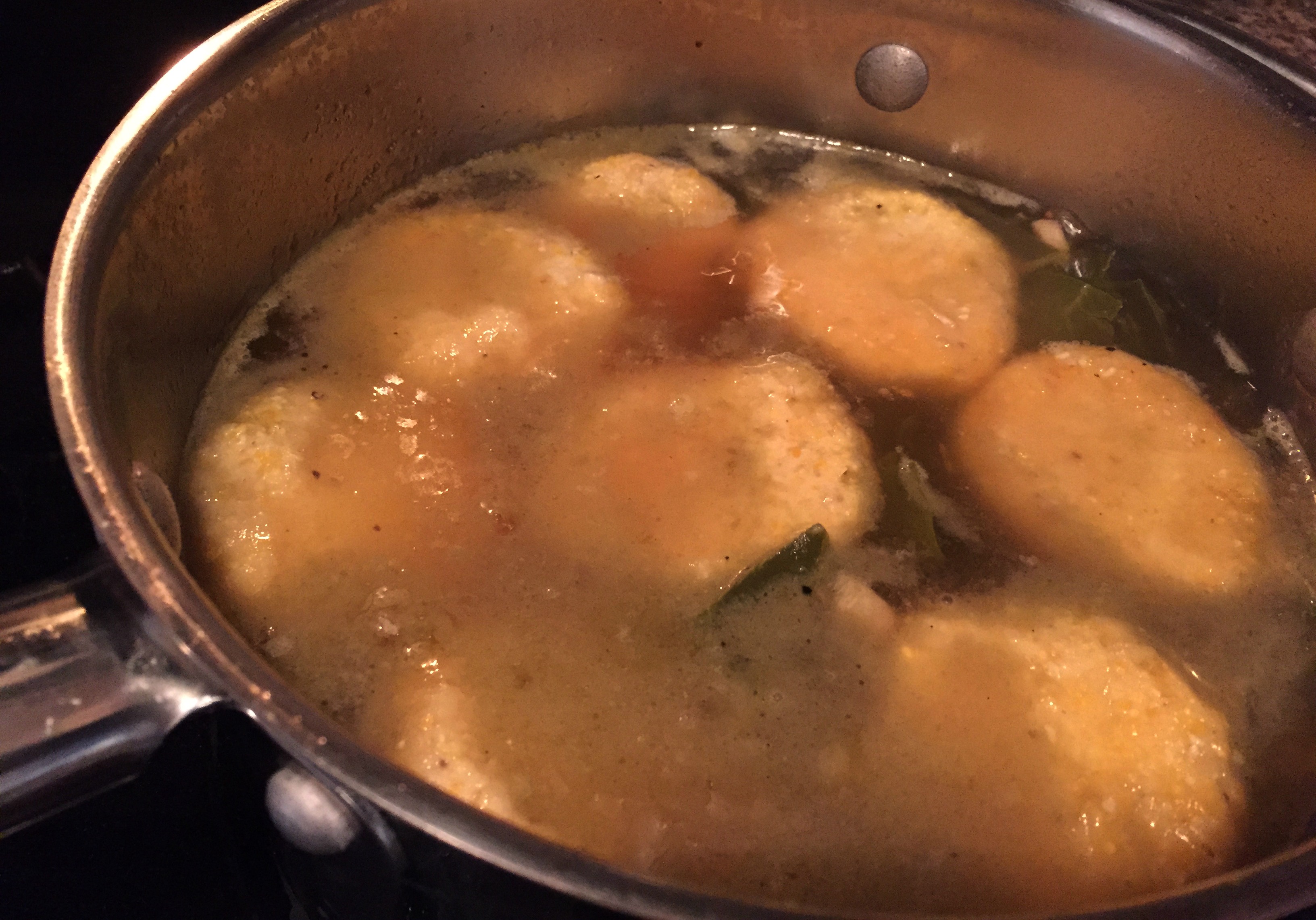
When are the cornmeal dumplings done? You can almost hear a family matriarch reply, “Well now that depends?” If they’re small and thin and dropped in conch stew, maybe five minutes. If they’re thicker and topping collards or simmering in squirrel stew, maybe 20 minutes. All depends on what you’re cooking and how you like your dumplings. The best way to find out, of course, is by testing and tasting.
Cornmeal Dumplings
2 cups of cornmeal
1 teaspoons salt
½ to 1 cup of water
In a mixing bowl, combine cornmeal and salt. Add just enough water to hold the mixture together. Shape into small patties or cake. Drop around the edge of chowder 15 minutes before serving.
Source: Eloise Pigott of Gloucester, N.C., for “Coastal Carolina Cooking” (The University of North Carolina Press, 1986).
